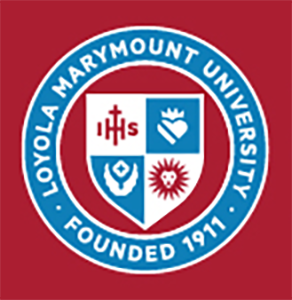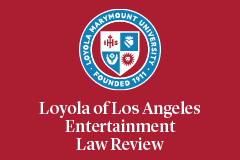Abstract
In recent years, a host of issues have arisen between the National Collegiate Athletic Association (NCAA) and the college athletes who provide the labor from which the NCAA and its member universities derive their profits. Many of these issues have been heavily publicized and have spurred a heated debate over the status of college athletes and the future of the collegiate athletic system. This Article primarily focuses on the issue of college athletes’ status as employees for purposes of federal labor law. The significant increase in the popularity of college sports in recent years has led to conference realignment, facility building and arms race, governance issues and litigation. The student-athletes, the players in the highly lucrative college football and basketball games have been left behind. They have resorted to challenging the NCAA’s system in many different ways. Recently, football players at Northwestern University successfully petitioned their local Regional Director of the National Labor Relations Board for a union representation election, arguing that they are employees of the University and as such are entitled to collective bargaining rights and other protections under the National Labor Relations Act. Northwestern University has rejected this argument and has appealed the Regional Director’s decision to the National Labor Relations Board in Washington, D.C. This Article provides a background for the highly contested dispute, refutes some of the common arguments made against the potential unionization of college athletics, and discusses some of the potential implications if players can and do form a union.
Recommended Citation
William B. Gould IV, Glenn M. Wong, and Eric Weitz,
Full Court Press: Northwestern University, A New Challenge To The NCAA,
35 Loy. L.A. Ent. L. Rev. 1
(2015).
Available at: https://digitalcommons.lmu.edu/elr/vol35/iss1/1



